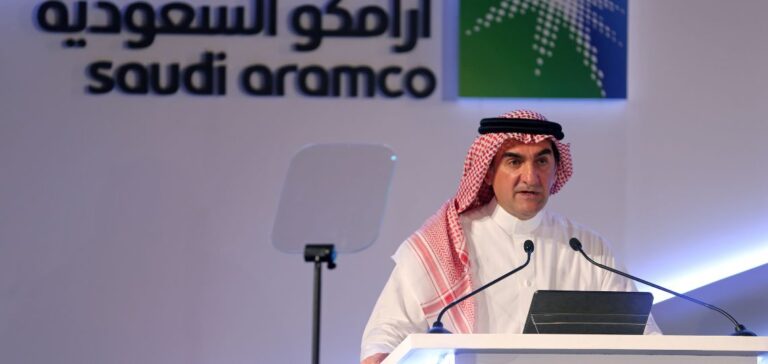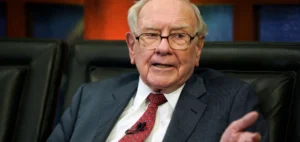Aramco has signed a memorandum of understanding with Rondo Energy, a low-carbon industrial energy solutions company. This collaboration marks the start of engineering studies for the first large-scale implementation of Rondo thermal batteries, designed to reduce emissions from Aramco’s facilities, with a planned ramp-up to 1GWh. The two companies also plan to explore the potential of this technology for other applications, such as hydrogen production and carbon capture.
Technology and innovation for a sustainable future
Rondo thermal batteries use stored wind and solar energy to provide large-scale, continuous power for industrial processes. Ali Al-Meshari, Senior Vice President of Technology at Aramco, emphasizes the importance of innovative technologies in achieving carbon neutrality by 2050. Aramco and Rondo plan to integrate these batteries into existing infrastructures, facilitating the transition to cleaner energy.
Worldwide deployments and diversified applications
In addition to Aramco’s facilities, the two companies will be studying other applications for Rondo thermal batteries, such as hydrogen production, carbon capture and large-scale desalination projects. These batteries can rapidly convert existing desalination plants to supply water and energy with reduced carbon emissions and at lower cost. The use of sustainable materials, produced locally in Saudi Arabia, is also envisaged to support large-scale production.
Economic and environmental implications
The collaboration between Aramco and Rondo Energy highlights joint efforts to provide low-cost, low-carbon energy solutions for industry. By using proven storage materials and integrating advanced technologies, these thermal batteries offer a resilient, sustainable solution to the world’s energy needs. What’s more, this partnership is helping to create jobs in the renewable energies sector and strengthen secure supply chains.
Thoughts from industry leaders
John O’Donnell, CEO of Rondo, expresses his enthusiasm for this partnership, aimed at providing clean energy solutions and supporting Aramco’s decarbonization ambitions. The signing of this Memorandum of Understanding, in the presence of the US Secretary of Energy and the Saudi Minister of Energy, underlines the importance of this collaboration for global energy transition objectives.






















